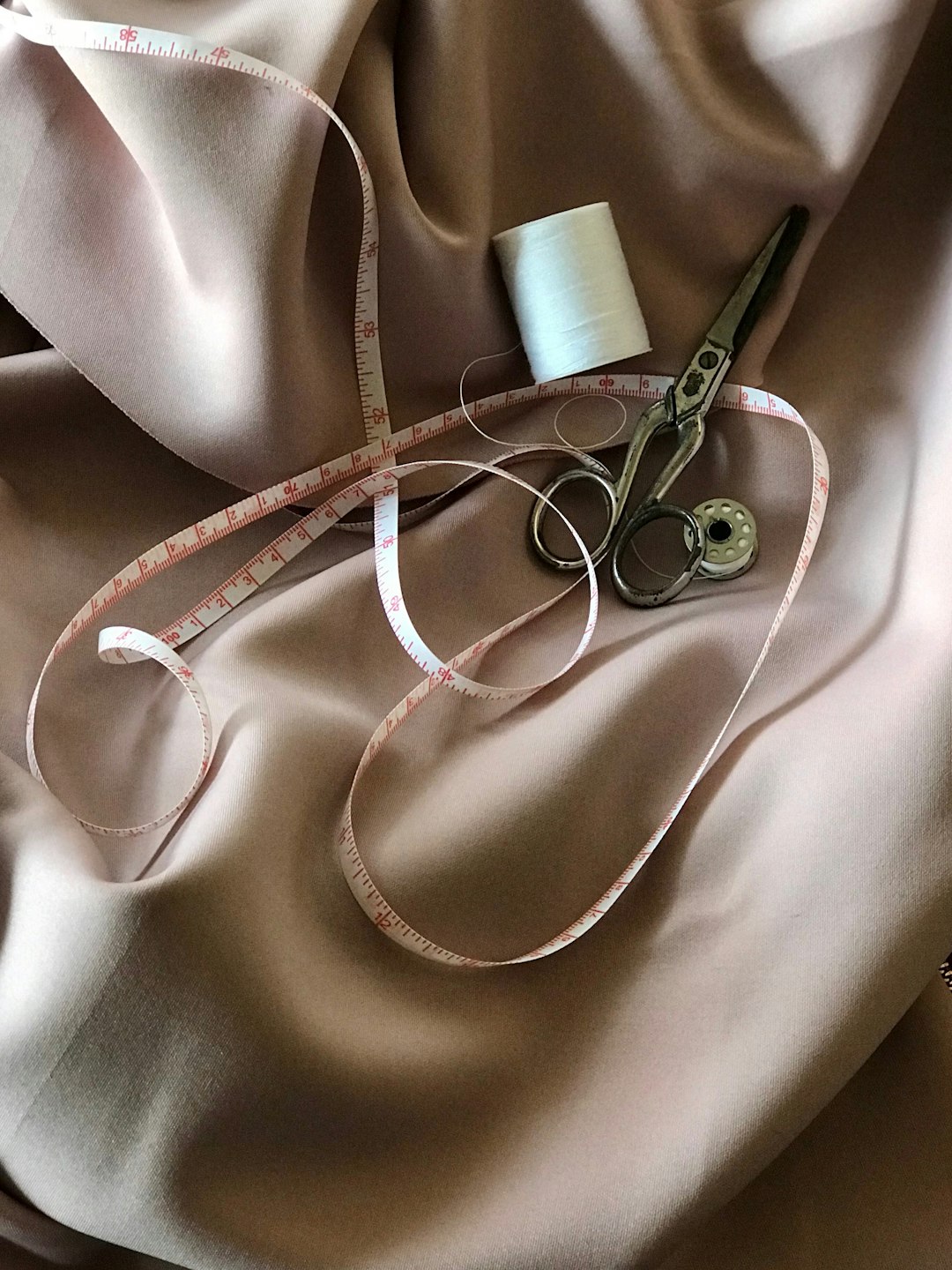Patternmaker Ringa Tauira Kākahu
Patternmakers turn clothing designs into patterns.
Patternmakers may do some or all of the following:
- create pattern pieces by hand or on computer
- cut out the pattern by hand or print out a copy using a computer
- write garment-sewing instructions
- help with fitting sample garments
- adapt patterns for different sizes (grading).
Physical Requirements
Patternmakers need to have good eyesight (with or without corrective lenses), normal colour vision, good hand-eye co-ordination and steady hands. You also need to be comfortable standing for long periods.
Useful Experience
Useful experience for patternmakers includes:
- community or night courses in dressmaking
- dressmaking or tailoring
- drawing or design work
- work in a clothing factory or workroom.
Personal Qualities
Patternmakers need to be:
- patient
- quick and neat
- accurate, with an eye for detail
- able to follow instructions
- able to work well under pressure
- good at maths so they can measure and make calculations
- good problem-solvers.
Skills
Clothing pattern makers need to have knowledge of:
- patternmaking, and sewing codes and symbols
- different sewing equipment and methods
- different fabrics and textiles
- body shapes
- fashion design techniques
- computer-aided design (CAD) software.
Conditions
Patternmakers:
- usually work regular business hours
- work in factories and workrooms
- work in conditions that can be noisy.
Subject Recommendations
A minimum of three years of secondary education is recommended. Useful subjects include design and visual communication (graphics), digital technologies, maths and processing technologies.
Related Courses
Patternmakers can earn around $23-$36 per hour.
Pay for patternmakers varies depending on experience.
- New patternmakers usually earn between minimum wage and a little more.
- Mid-level patternmakers can earn between $23 and $25 an hour.
- Senior patternmakers with more than 10 years' experience can earn up to $36 an hour.
Source: New Zealand Fashion Tech and Competenz, 2017.
With further training, patternmakers may become senior patternmakers, product developers or clothing designers. They may also become self-employed.
Patternmakers can specialise in a number of roles, including:
- Marker Maker
- Marker makers transfer graded patterns to thick paper, with sewing codes.
- Pattern Grader
- Pattern graders put patterns into a range of sizes.
Years Of Training
1-2 years of training required.To become a patternmaker you need to have a New Zealand Diploma in Fashion Technology (Level 5) or equivalent. You can learn to become a patternmaker through a course or through a Competenz apprenticeship.
- Eastern Institute of Technology (EIT) website - information on the Diploma in Fashion Technology
- Whitecliffe College of Art and Design - information on qualifications including the Diploma in Apparel and Fashion Technology
- Southern Institute of Technology - information on the Graduate Diploma in Fashion (Design and Technology)

 Hagley Community College
Hagley Community College